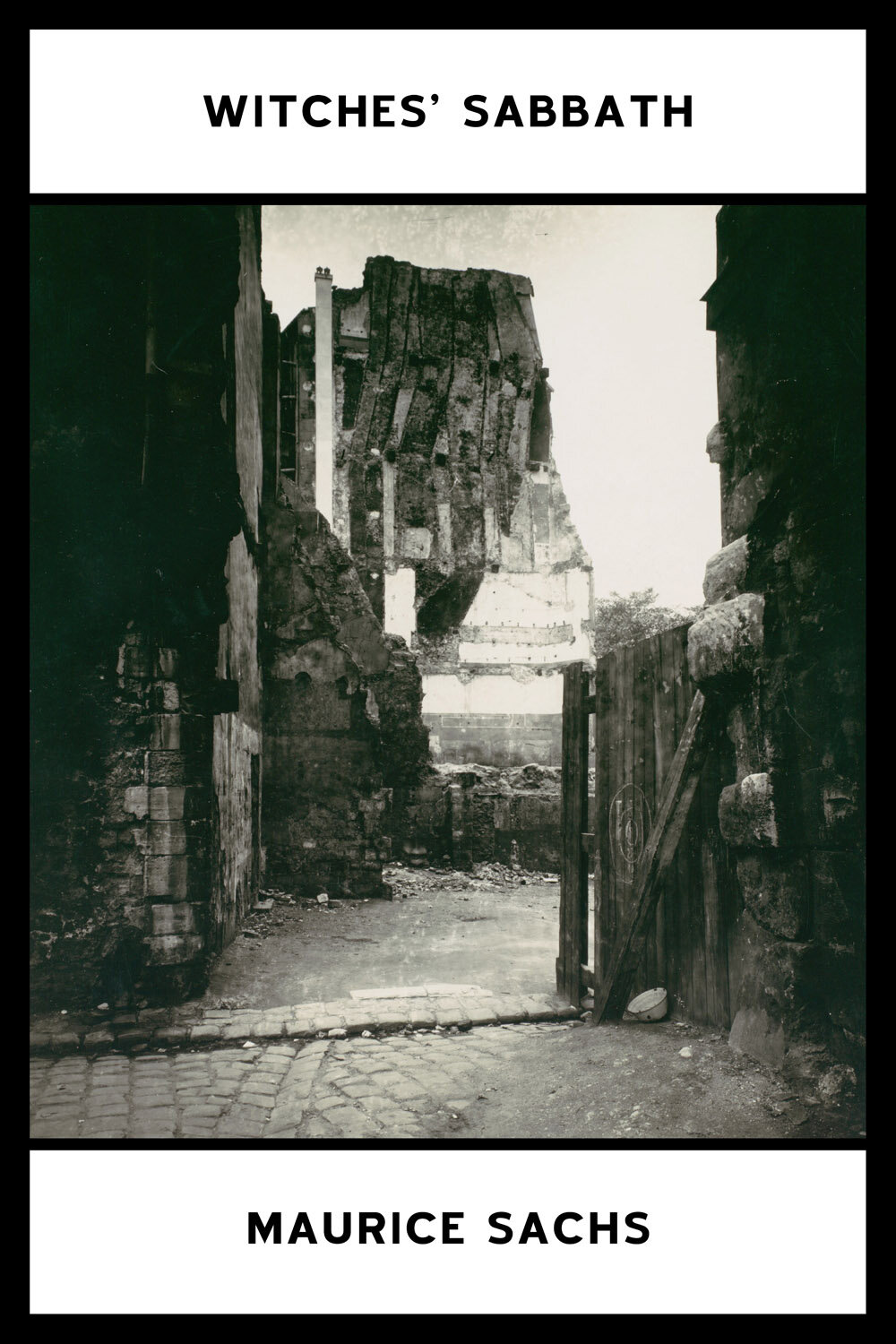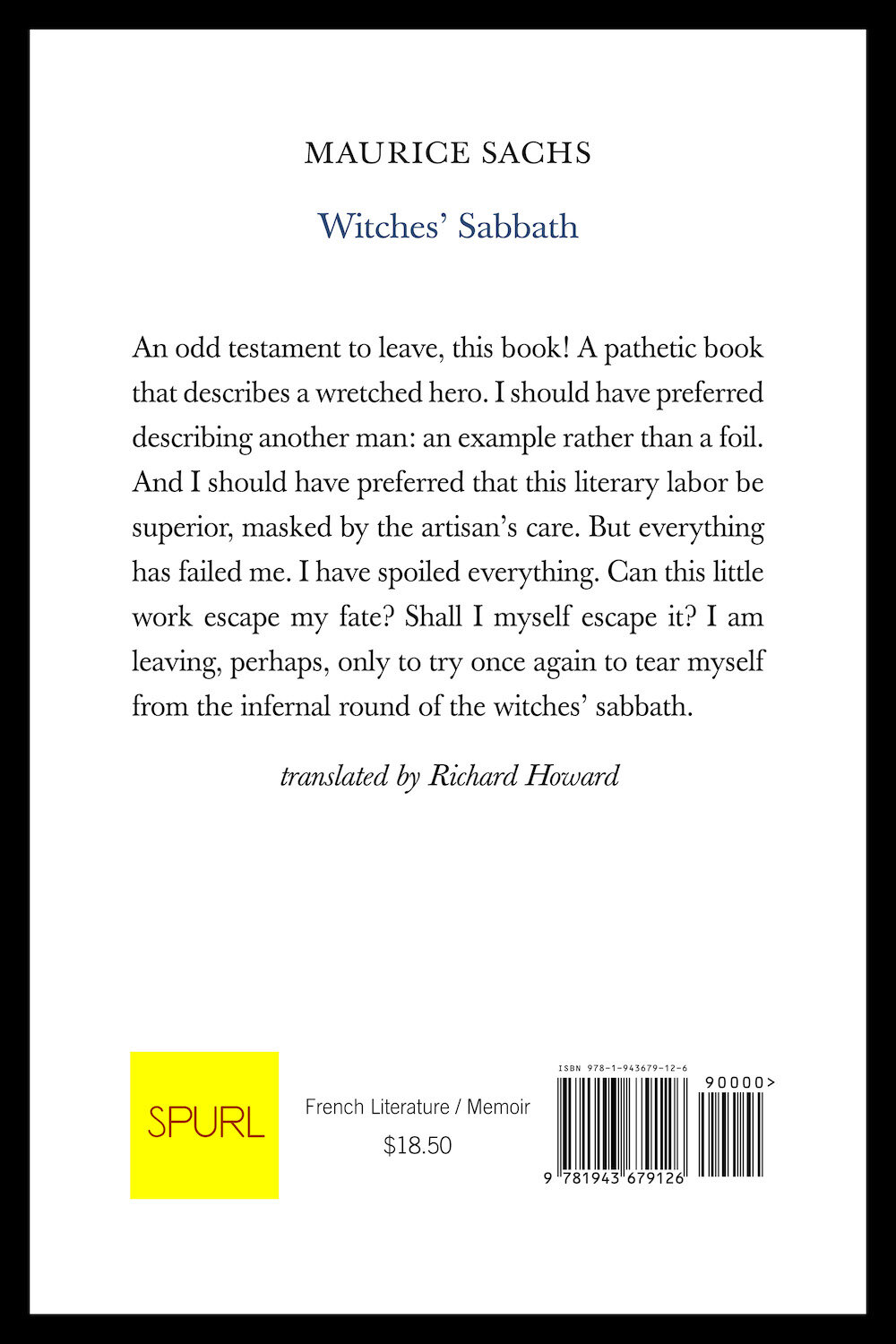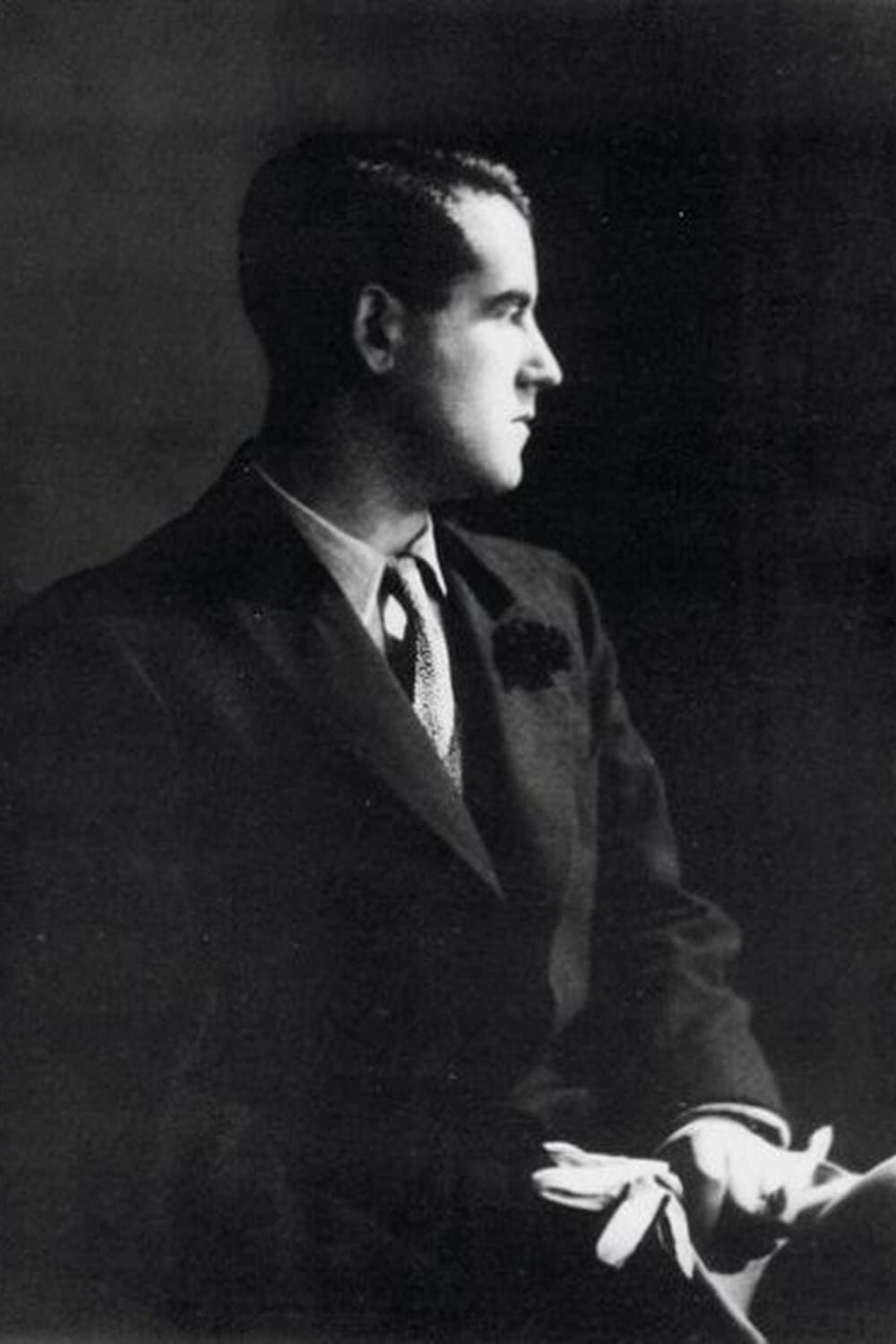Trade paperback, 276 pages. ISBN: 9781943679126.
WITCHES’ SABBATH
BY Maurice Sachs
Translated by Richard Howard
Witches’ Sabbath is the remarkable autobiographical chronicle of French author Maurice Sachs (1906–1945). To Sachs, the work was “a statement of account, a moral memo. Or should I say immoral?” He recounts how, as a young man, he befriended Jean Cocteau and Coco Chanel, both of whom he stole from, as he stole from many others in his life (Sachs would later propose writing a book entitled Confessions of a Thief). He tells of when, in 1925, he converted to Catholicism and entered a seminary, only to be expelled because of his homosexuality. He tells of when he drifted through America, of when he nearly drank himself to death, of his many failed love affairs. In addition to being a compelling, honest portrait of a unique character, Witches’ Sabbath is also notable for its engagement with literature. Every period of Sachs’s life is marked by his dialogue with living and dead authors; Charles Baudelaire, Marcel Proust, Stendhal, all are featured. Thanks to his lifelong obsession with literature, Sachs developed a style all his own: peppered with keen, acerbic portraits of his contemporaries, sometimes picaresque, introspective and often full of irony.
“The stories, characters and settings in Witches’ Sabbath are so striking that it is easy to overlook another remarkable feature of the book – Sachs’s literary and artistic judgements – which, eighty years later, are not only brilliantly expressed but seem nearly flawless. . . . However much of a torment it must have been for [Sachs] to have written and lived this book it is a dazzling and enlightening read, ranging from the heights of high culture to the world of petty crime and Parisian brothels, laced with wit and humor and extraordinary writing.”
“[Maurice Sachs’s] character sketches are little masterpieces of venom. The translator, Richard Howard, has accomplished his job admirably. His English version will interest those who desire to recapture the intellectual and artistic life of Paris in the Twenties.”
Maurice Sachs (France, 1906–Germany, 1945) was a French author known for his autobiographical writings. He worked as an editor of a major publishing house and in 1935 published his first novel, Alias. A gay Jewish man, Sachs began World War II by hosting an anti-fascist radio program. Sachs then moved to Hamburg, where he was a black marketeer and an informer for the Gestapo. In 1943, Sachs was arrested and sent to the Fuhlsbüttel concentration camp. During a long march to evacuate the liberated camp, Sachs was shot and killed by an SS soldier. Many of Maurice Sachs’s works were published after his death, including Witches’ Sabbath (1946); The Hunt (1949), which describes Sachs’s life during the occupation; and Derrière cinq barreaux (1952) and Tableau des moeurs de ce temps (1954), which Sachs wrote while imprisoned.
Richard Howard is a poet, critic, and translator. He has published over 150 translations from the French and nearly twenty volumes of poetry. Howard has translated works by Roland Barthes, Charles Baudelaire, E. M. Cioran, and Guy de Maupassant, among many others. He is a recipient of numerous awards, including the Pulitzer Prize, the National Book Award, and the PEN Translation Award.
REVIEWS AND FEATURES
Excerpt on Minor Literature[s] / Michael Stein, Literalab
James Conway, Strange Flowers / Joanna C. Valente, Luna Luna Magazine
Brad Bigelow, Neglected Books / Amos Lassen, Reviews



